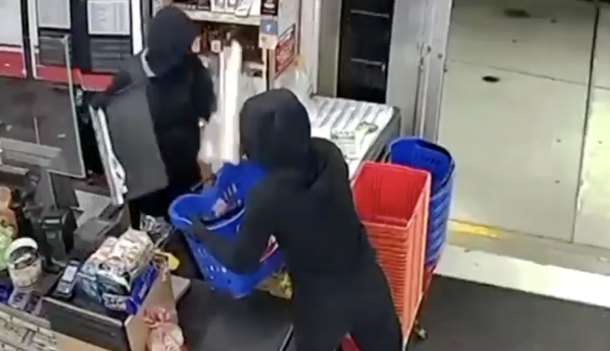
Kmart, Bunnings Hit by Organised Crime as Wesfarmers Calls for Crackdown
Kmart, Bunnings Hit by Organised Crime as Wesfarmers Calls for Crackdown
Wesfarmers CEO Calls for Action on Retail Crime and Slams Proposed Business Tax
Wesfarmers chief executive Rob Scott has raised alarm over a surge in organised retail crime targeting its major brands — Bunnings, Kmart, Officeworks, and Priceline. Speaking on Thursday, Scott said crime syndicates were increasingly stealing high-value items like power tools and tech gadgets, with many ending up on black markets and online marketplaces. In response, Wesfarmers has implemented stronger security and anti-theft measures while lobbying the Victorian government for tougher retail crime laws similar to those in other states.
Despite these challenges, Wesfarmers reported a 3.4% increase in annual revenue, reaching $45.7 billion for FY2025, with growth across all its retail businesses. Scott noted that higher-priced, quality-focused products — particularly from the Anko brand — were gaining traction, even among higher-income shoppers.
Scott also took aim at the Productivity Commission’s proposal to impose a 5% universal cash-flow tax on all businesses, calling it “anticompetitive” and harmful to Australian companies already battling international giants like Temu, Shein, and Amazon. While the commission suggests cutting the company tax rate to 20% for small and medium businesses, Scott argued that large companies like Wesfarmers — already paying around 38% when all taxes are considered — deserve a level playing field to maintain competitiveness and drive national productivity.
Key Takeaways:
-
Wesfarmers is pushing for stronger laws to combat organised retail crime in Victoria.
-
FY2025 revenue rose 3.4% to $45.7 billion, with all retail brands seeing growth.
-
Premium products and the Anko brand are gaining popularity with higher-income consumers.
-
CEO Rob Scott criticized proposed cash-flow tax, saying it punishes large Australian businesses and undermines competitiveness.
Wesfarmers’ stance highlights ongoing tensions between government policy, crime prevention, and retail sector competitiveness in Australia’s evolving economic landscape.
Latest Articles


Rising Retail Crime Puts Pressure on Businesses and Communities

Why users love VEESION?

Victoria Moves Toward Stronger Protections for Retail Workers

How Kmart has transformed their business with AWS

Retail Theft Hits 21-Year High: What It Means for Australian Retailers

Retailers hit hardest amid rising theft cases

$80K Supermarket Theft Ring Busted by NSW Police

Crime in Victoria Hits Decade-High as Bail System Faces Scrutiny
